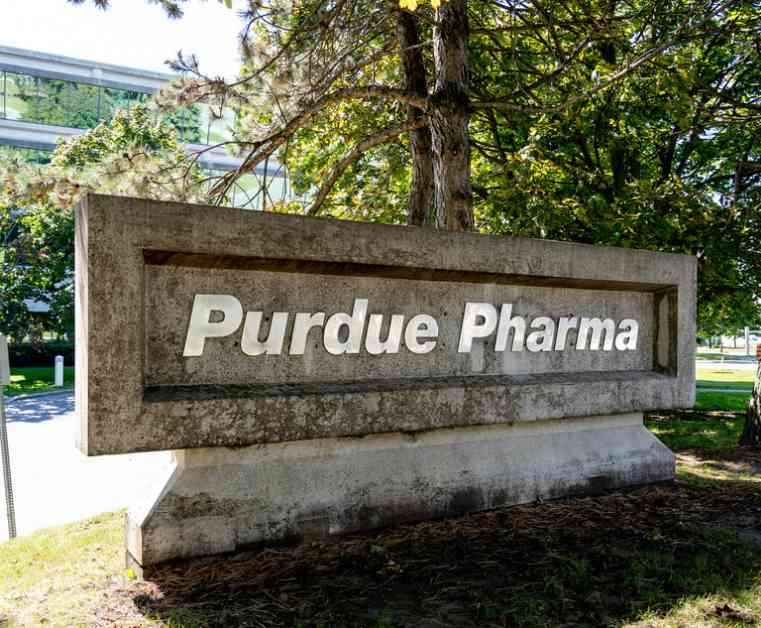Impact of the ‘Purdue Pharma’ Ruling on Chapter 11 Reorganizations
The recent ruling by the U.S. Supreme Court in the case of Purdue Pharma has significant implications for the use of permanent plan injunctions in Chapter 11 bankruptcy cases. The decision effectively put an end to the practice of using nonconsensual third-party releases as a reorganizational tool in Chapter 11 proceedings. While this ruling has clarified the limitations on permanent injunctions, it has left open questions about the future viability of temporary injunctions in Chapter 11 cases.
One of the key issues left unaddressed by the Supreme Court in Purdue Pharma is the propriety of temporary injunctions that halt third-party litigation pending the formulation of a Chapter 11 plan. These temporary injunctions, often sought by debtors at the outset of a Chapter 11 case, are typically granted under Section 105(a) of the Bankruptcy Code. Known as “105(a) injunctions”, these orders extend the automatic stay to nondebtors and temporarily enjoin litigation against them.
Role of 105(a) Injunctions in Chapter 11 Cases
The primary rationale behind the use of 105(a) injunctions is to prevent litigation that could impede the debtor’s reorganization process. In cases involving multi-party, mass tort litigation, such as Purdue Pharma, where the debtor and nondebtors are co-defendants in prepetition lawsuits, a 105(a) injunction can be crucial in consolidating the claims in a single forum – the bankruptcy court. This consolidation can help streamline the reorganization process and facilitate the eventual distribution of assets to creditors.
One of the key objectives of obtaining a 105(a) injunction, especially in mass tort bankruptcy cases, is to stop litigation in multiple forums and focus on addressing claimants’ claims within the bankruptcy proceedings. By temporarily halting litigation against nondebtors, debtors can prevent the depletion of insurance assets, avoid the escalation of liability through indemnification and contribution claims, and ensure that debtor principals can devote their attention to formulating a reorganization plan.
Challenges and Controversies Surrounding 105(a) Injunctions
While 105(a) injunctions can be a valuable tool in Chapter 11 cases, they are not without their challenges and controversies. One of the primary criticisms of these injunctions is that they may infringe on the rights of third parties, particularly creditors or claimants who are pursuing litigation against nondebtors. Critics argue that granting a temporary injunction under Section 105(a) may unduly restrict the rights of these parties to seek redress through the legal system.
Another contentious issue related to 105(a) injunctions is the potential for abuse by debtors seeking to shield nondebtors from liability through the reorganization process. In some cases, debtors may use these injunctions as a means to obtain releases for nondebtor defendants or co-obligors without their consent, effectively shielding them from legal action outside of the bankruptcy proceedings.
Future Viability of 105(a) Injunctions Post ‘Purdue Pharma’
In light of the Purdue Pharma ruling, the future viability of 105(a) injunctions in Chapter 11 cases remains uncertain. While the Supreme Court’s decision has curtailed the use of permanent plan injunctions with nonconsensual third-party releases, it has not definitively addressed the issue of temporary injunctions. As such, the legal landscape surrounding the use of 105(a) injunctions is likely to evolve as courts grapple with the implications of the Purdue Pharma ruling.
Moving forward, it will be crucial for bankruptcy practitioners and courts to carefully consider the implications of seeking and granting 105(a) injunctions in Chapter 11 cases. While these injunctions can provide valuable breathing space for debtors to reorganize and address creditor claims, they must be utilized judiciously to avoid infringing on the rights of third parties and to ensure fair treatment for all stakeholders involved in the bankruptcy process.
In conclusion, the Purdue Pharma ruling has raised important questions about the use of injunctions in Chapter 11 cases and has highlighted the need for clarity and guidance on this issue. As the legal community grapples with the implications of this ruling, it will be essential to strike a balance between protecting debtor interests and safeguarding the rights of creditors and claimants in the bankruptcy process.















